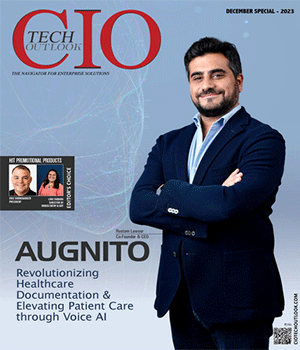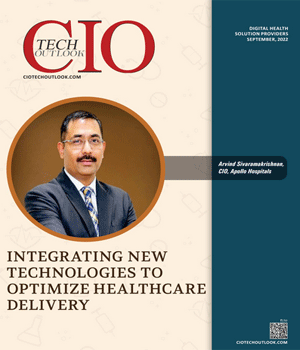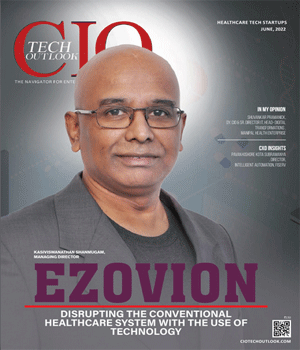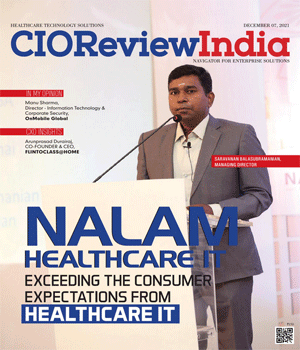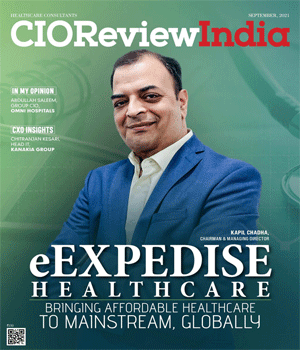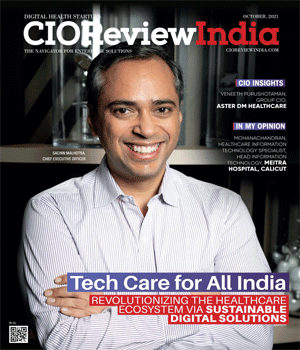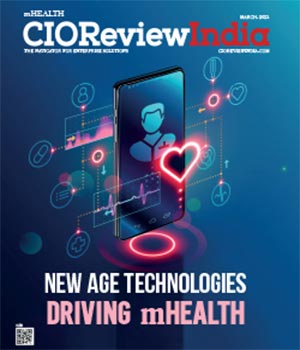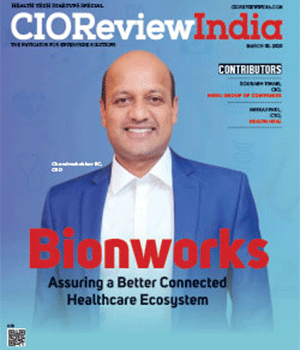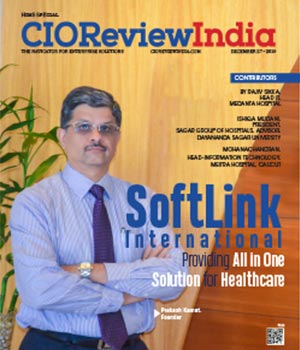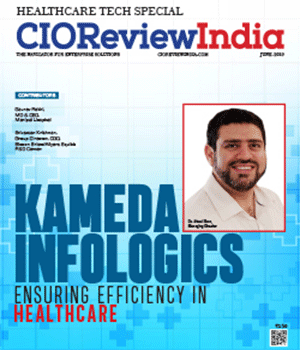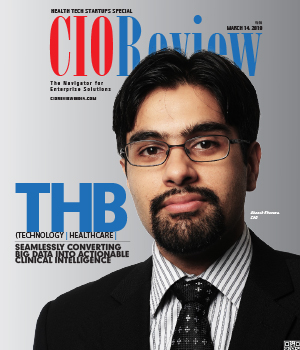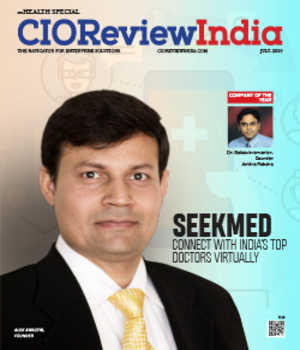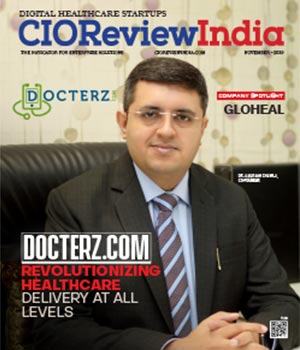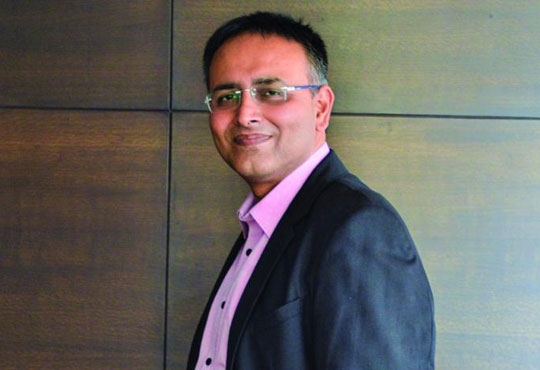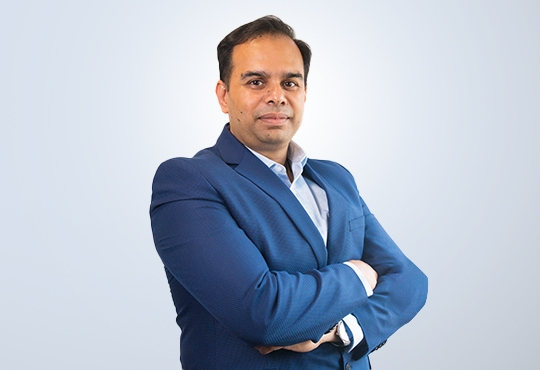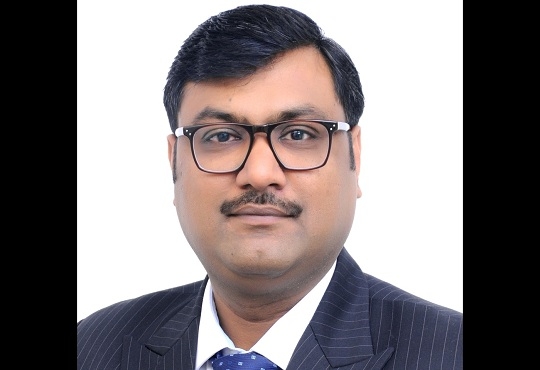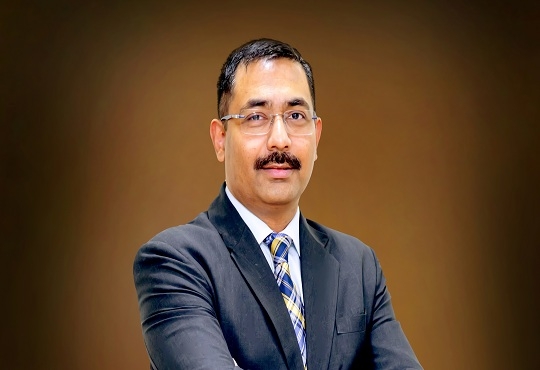
Mhealth: A Force to Reckon with
Kapil Nagpal, CEO, Indicare Health Solutions Pvt. Ltd | Thursday, 15 February 2018, 09:58 IST
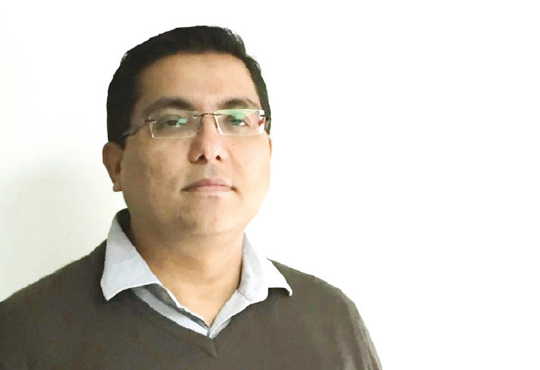 Affordable health used to be a benign migraine for top-level decision makers to implement on realistic grounds. It still is, despite the rapid advances and strides of research and infrastructure in the health industry. The accelerated necessity of State-of-the-art health is growing faster than our country’s GDP which is unsustainable. As India ages, the health care policies need to adapt along with the dynamic shifts in the nature and morbidity of diseases unless it's prepared for doom.
Affordable health used to be a benign migraine for top-level decision makers to implement on realistic grounds. It still is, despite the rapid advances and strides of research and infrastructure in the health industry. The accelerated necessity of State-of-the-art health is growing faster than our country’s GDP which is unsustainable. As India ages, the health care policies need to adapt along with the dynamic shifts in the nature and morbidity of diseases unless it's prepared for doom.
The distribution of health services has not been uniform on a global scale. Developed countries with mature markets for health find themselves battling with affordability and cheap health care while developing nations barely have access to proper medical infrastructure and facilities. As a result, affordability and accessibility both play pivotal roles in determining the overall well-being of the masses.
One way that the problem can be addressed is by presenting information and resources in a timely manner so that patients’ condition can be better monitored. The aim is to reduce the need for physical interaction between the patient and the physician and to bring the wealth of medical expertise to the hands of the patient. The power of medical examination and diagnosis of the patient, granted to the patient.
Connectivity is of the essence when we intend to bring all the players of health like patients, stakeholders, government policymakers, an array of doctors and paramedics on a common platform. Disruptive use of low-tech devices like mobile phones to plug holes in the pre-existential healthcare system can yield surprisingly positive results. This is pretty much relevant to a country like India where the number of mobile phones exceeds the number of toilets. There are more than 1 billion cell phones to reach the people than solely rely on 25000 hospitals in India.
Mobile health has been on the sidelines despite showing from time to time its potential for growth and reducing costs of the healthcare system. It is a win-win situation for the players in healthcare like Government, private investors, telecom industries, and more importantly, the patient. With mhealth, one can access the best medical talent from anywhere in the world. Telecom industries are looking for new avenues to expand and the government is seeking to cut costs. So, in a broad sense, prudent implementation of
mhealth is a brisk sign of good governance. mhealth is not about killer apps and devices. The reason more to it. It's an ecosystem ranging from infrastructure and connectivity. An ecosystem which aims to solve a real-world problem with clinical precision and provides end results without much fuss.
m -health is not a domain that needs piles of statistical data to convince you that its potential for growth and expansion is commendable in the near future. It is a common saying among business lobbyists and policymakers that there are budgets for the wrong schemes and there is no proper channeling of funds for the right schemes. mhealth definitely falls in the case of latter. One might wonder that if m -health is indeed a step forward, and then what is it exactly that has kept this novel initiative lurking in the shadow s waiting for collective interest? One m may argue that infrastructure is the major barrier to m -health, but contrary to that belief, the truth is something else. According to the second global survey on e-Health conducted by WHO, infrastructure was cited as the least important barrier to m -health implementation. The main reason mhealth has been in the backseat of spearheading health programs is due to competing health priorities. mhealth currently lacks a strong evidence-base to verify its impact on health outcomes and health systems. Most m -health solutions to date are independent, local initiatives. There have not been large-scale deployments of integrated systems. Governments are yet to adopt m -health in m mainstream policies and wait to reap its benefits. This result in funneling healthcare funds to other programs that seem reliable but less far-fetched d. Response to m -health has been lukewarm, depicted by a lack of general interest or understanding of the field.
Another hindrance why mhealth has not found many big adopters is because of lack of incentives. The possibilities of a robust, profitable marketing mhealth are yet to make its way into a viable business case.
despite current vagaries in interests and intent, there is no way m -health can be overshadowed by a few factors limiting its implementation. There is no denying the fact that mobile devices have taken the world by storm and has redefined the way we absorb and process information. India constitutes the second largest number of mobile phone users. It is in a transition phase where bidding wars between telecom industries have only made data and subscription plans more affordable and easy to acquire. This emerging age of improved connectivity can be greatly leveraged to compensate for inaccessibility and improper health services. The prospects of mhealth outweigh its barriers and just like how a novel innovation can't be buried under the thumps and bumps of bureaucracy for long, it will eventually garner the much needed corporate and administrative push in due course to benefit Indian masses for the greater good.
CIO Viewpoint
Integrating New Technologies to Optimize...
By Abhrasnata Das
Quantum Shift in Healthcare Driven by...
By Abhrasnata Das
Product Adoption: Realizing The Real Value
By Ashish Pandey, CIO, GSK Consumer Healthcare India
CXO Insights
HIT Promotional Products: Fostering Empowerment...
By Eric Shonebarger, President & Lori Thibado, Director of Order Entry & Art
Addressing the Data Management Challenges in...
By Richa Singh
Elevating Patient Experience with Remote...


